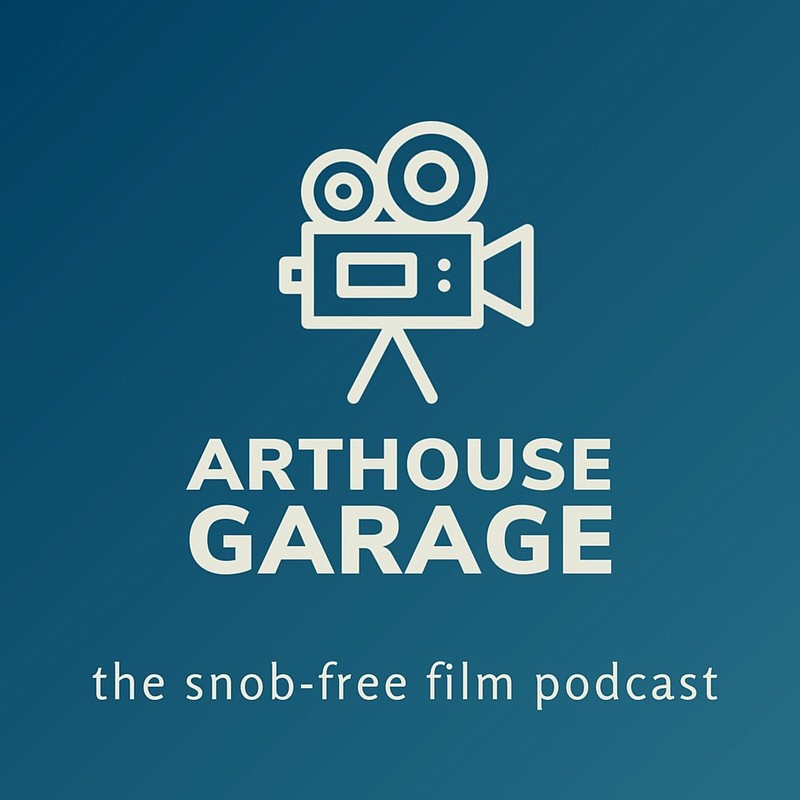When I was in high school, I became obsessed with film criticism. On the weekends, while my fellow classmates were sneaking out to partake in parties, bonfires, and underage indulgences, I stayed at home most Saturday nights so I could catch the latest episode of "At the Movies with Ebert and Roeper." I remember that it aired around 11 o'clock at night on the local ABC affiliate. I sat inches away from the screen, enthralled, looking beyond the directions of Ebert and Roeper's thumbs, and paying more attention to how they described what works and doesn't work in a movie. Once Buena Vista Television released all of the episodes of "At The Movies" online, I devoured every one of them.
But that didn't quench my quest for all things film criticism; I began reading reviews from A.O. Scott, Michael Phillips, and our own Philip Martin. I believed somewhere buried under all their words laid the answer, scientifically and spiritually, to how to construct a perfect movie. But sometimes these critics would talk over my head -- on account of my lack of film knowledge at that time. This was especially true whenever I'd encounter Gene Siskel, who took more of an analytical approach to his film dissections. My lack of understanding made me want to seek out more and more movies, to the point where I've now seen well over 5,000 films.
Sadly, we have entered an age in which the traditional style of film critic has been diminished for the most part, considering that anyone with internet access and a word processor is now a "critic" in some regard. Lucky for us there is one podcaster in the state that takes an analytical approach to understanding films, but does so in a way that's more inviting than the Siskels of the world; and he takes that logical analysis and blends it with the more raw emotional perspective that was made famous by Roger Ebert. This podcaster is Andrew Sweatman, and he hosts the movie review podcast "Arthouse Garage."
I recently had a chance to sit down with Sweatman and talk about all things cinema, including discussing his podcast. Sweatman describes his show the "snob-free film podcast," claiming that he makes arthouse, classic, indie, and foreign cinema accessible to the masses, "no snobbery, ever." I asked him how he got into podcasting.
"I never imagined working with anything movie-related growing up," he said. "It wasn't until 2015/2016 that I decided to start the podcast. I was at a turning point in my life. My wife and I had our first child, Rosie. She had a lot of health issues and she had to be in the hospital for several months. And it was a really scary time. Before that, I had a certain idea of what the trajectory of my life was going to be like. But that sorta leveled the playing field a bit. Plus it was a time of political upheaval in our country. So I came through that time with a lot of questioning and a lot of changing, personally. And I thought, 'What am I going to do now?' And I felt like movies had really changed my life, and I thought that if I could somehow invite people to watch more challenging movies, it could help people empathize with one another."
Instead of just reviewing the weekly new releases in theaters, Sweatman tends to group his episodes by theme. For example, last year he did a series of episodes focusing on the French New Wave, which acted as a sort of introductory history course. He has also examined more broad topics such as spirituality in films and covering how disabilities are portrayed in movies. And most recently he is going through the films of Darren Aronofsky. He also covers most of the film festivals that run in the state. In fact, when I was covering last year's Filmland event hosted by the Arkansas Cinema Society, Sweatman helped me quite a bit when I was invited to participate in my first ever news conference at the festival, where we got to interview the likes of David Arquette and director Neil LaBute.
Sweatman went into detail about his podcast's name and why he thinks it's important to be "snob free":
"Back in the day, they had the big movie theaters and then they had the small arthouse ones that showed lower budget indie films. And it's really become a genre these days, and those are the movies I like the best. But originally I was going to record the show in my garage, but that ended up not happening. But I also like the idea that 'arthouse' is this more highfalutin' idea, but the garage is this more down to earth place. And I was trying to marry those two ideas together to reinforce that we can make these discussions open and accessible to everybody. Growing up, I wasn't allowed to watch a lot of movies that I wanted to see.
"And my first week of college I went out and rented things like 'Pulp Fiction' and 'Eternal Sunshine of the Spotless Mind.' And I call it 'snob free' because I've been in a lot of situations where I don't know much about movies, having not seen a ton of movies growing up. And just feeling intimidated. And I've also listened to podcasts where I don't know what they're talking about. So I was wanting to make a show that was more accessible for anyone that wants to get into more challenging films or push their boundaries with cinema. "
You can find out more about Sweatman's Arthouse Garage podcast at arthousegarage.com or listen to the show on Apple Podcasts, Spotify, or Google Podcasts.
